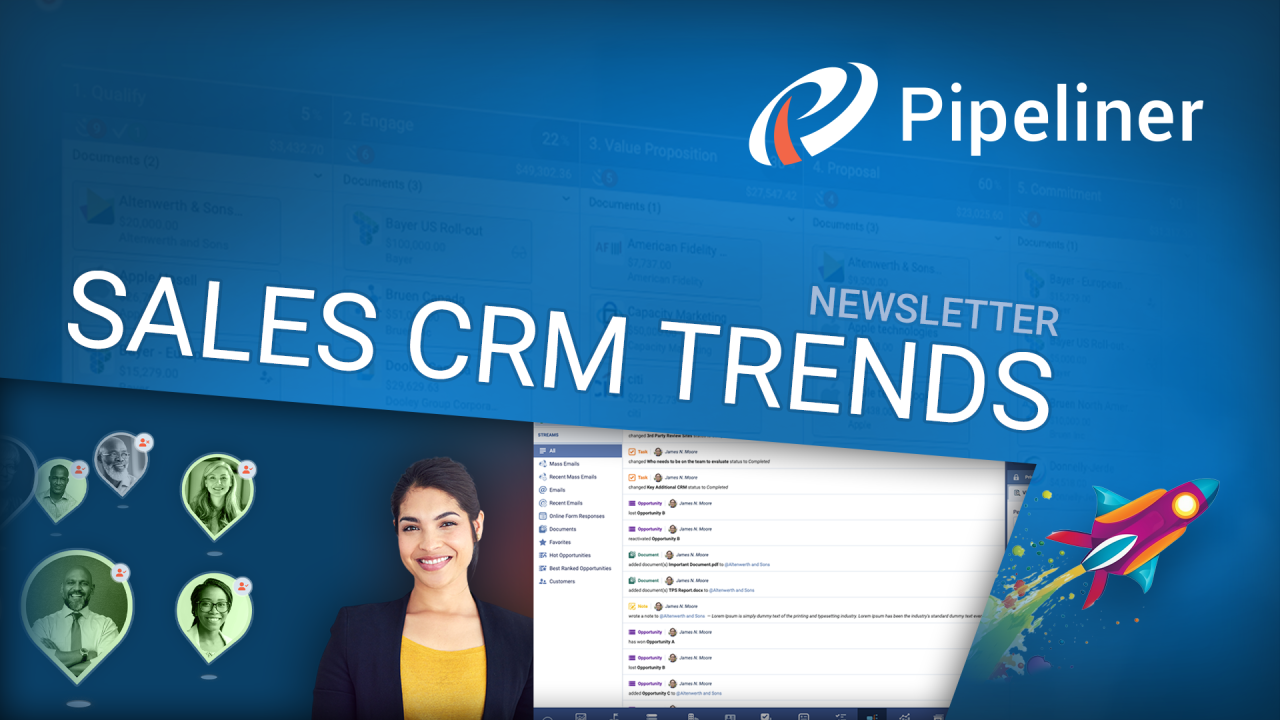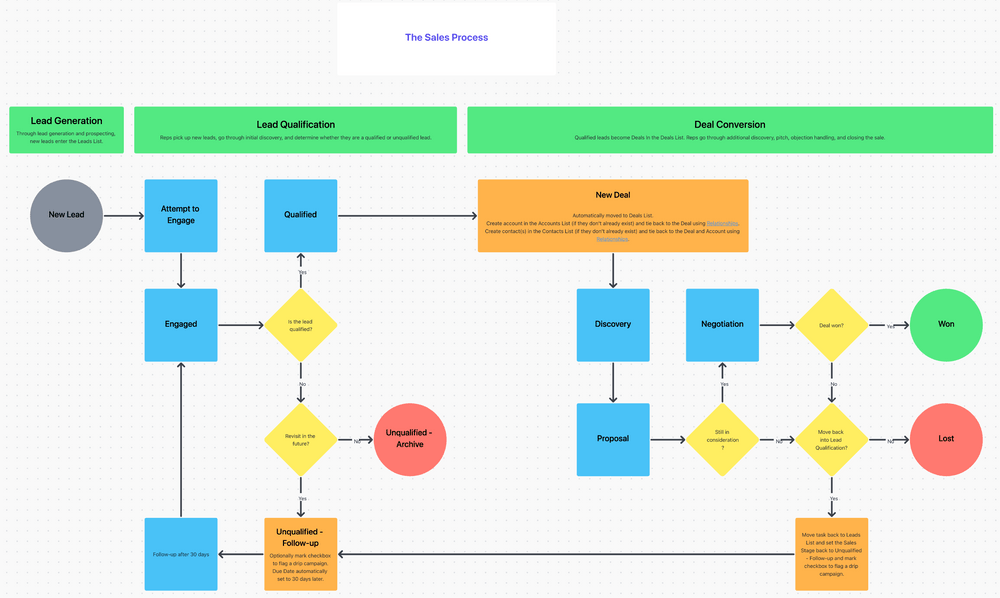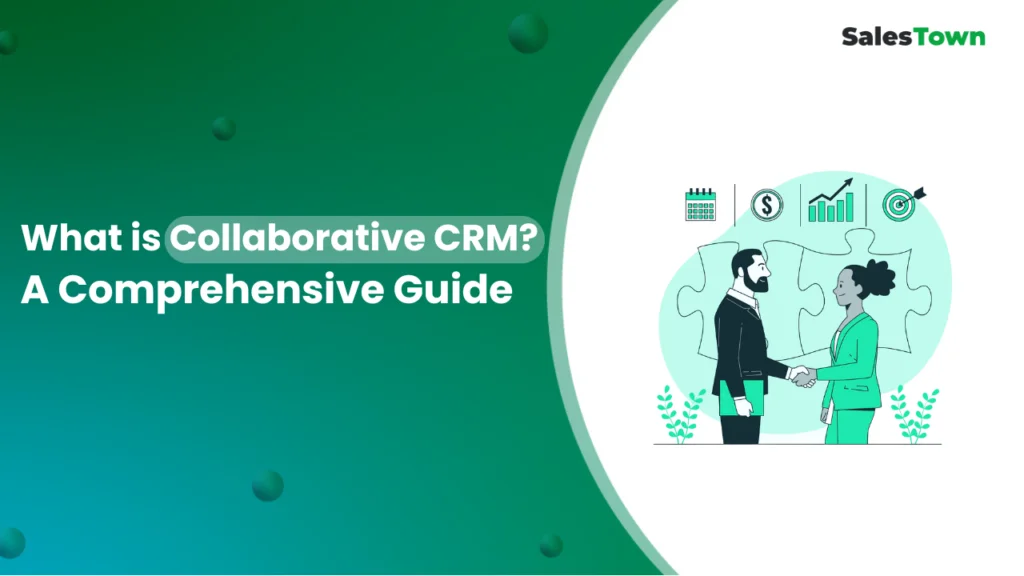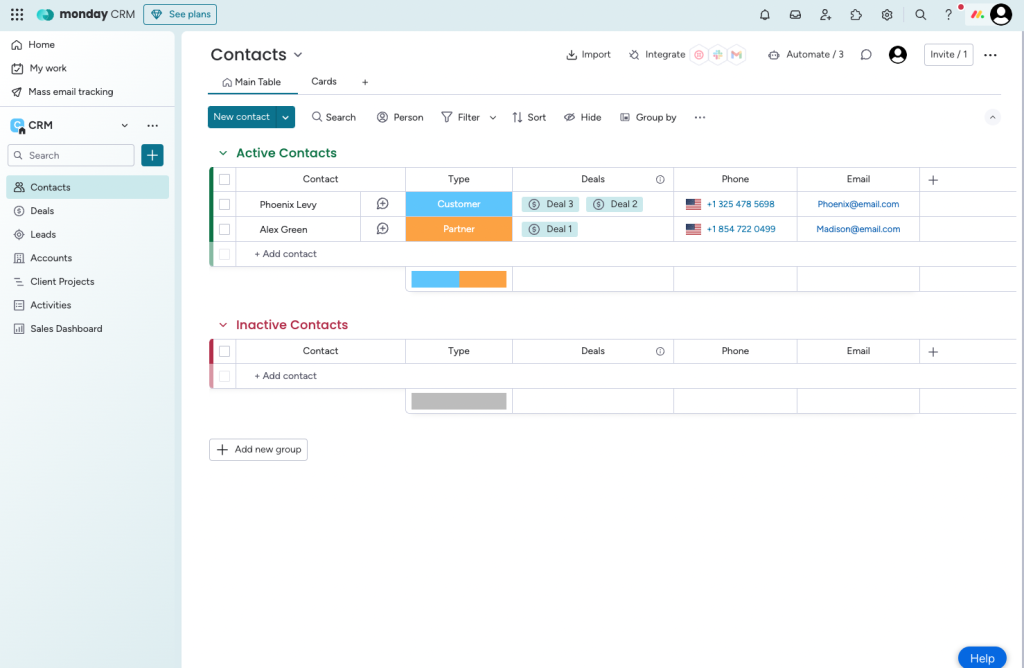Small Business CRM Reliability in 2025: Your Guide to Choosing the Right System
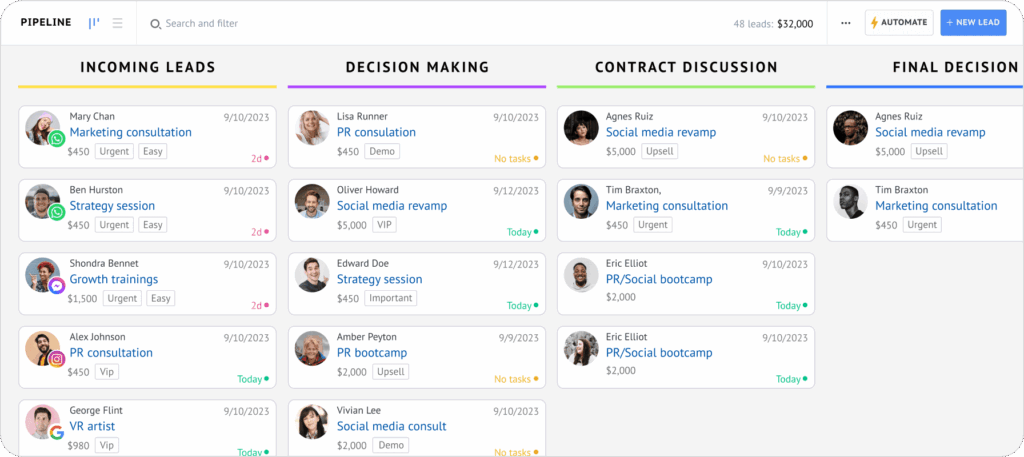
Small Business CRM Reliability in 2025: Your Guide to Choosing the Right System
The business landscape is evolving at warp speed. What worked yesterday might be obsolete tomorrow. For small businesses, staying ahead means embracing tools that streamline operations, boost customer relationships, and drive growth. One of the most critical of these tools is a Customer Relationship Management (CRM) system. But with so many options available, how do you choose a reliable CRM that will serve your small business well, not just today, but also in 2025 and beyond?
This comprehensive guide delves into the world of small business CRM reliability. We’ll explore the factors that make a CRM system dependable, the key features to look for, and how to assess the long-term viability of your chosen platform. We’ll also examine the trends shaping the CRM landscape in 2025 and beyond, helping you make informed decisions that position your business for success.
Understanding CRM Reliability: What Does It Really Mean?
Reliability in a CRM system goes far beyond just the software working. It encompasses a range of factors that contribute to a consistent, dependable, and valuable user experience. Here’s a breakdown of the key aspects:
- Uptime and Availability: This is the most fundamental aspect. A reliable CRM is available when you need it. High uptime (the percentage of time the system is operational) is crucial to ensure your team can access customer data, manage interactions, and close deals without interruption. Look for CRM providers that guarantee a certain uptime percentage (e.g., 99.9% or higher).
- Data Security and Privacy: Your customer data is your most valuable asset. A reliable CRM prioritizes data security through robust encryption, secure servers, and compliance with data privacy regulations (like GDPR, CCPA, etc.). Ensure the CRM provider has a clear data security policy and adheres to industry best practices.
- Performance and Speed: Slow loading times and sluggish performance can frustrate users and hinder productivity. A reliable CRM should be responsive and efficient, allowing your team to quickly access and update information, generate reports, and manage workflows.
- Scalability: As your business grows, your CRM needs to scale with it. A reliable CRM should be able to handle an increasing volume of data, users, and transactions without compromising performance. Consider whether the CRM offers different pricing tiers or plans that can accommodate your future growth.
- Integration Capabilities: A CRM rarely operates in isolation. It needs to integrate seamlessly with other tools you use, such as email marketing platforms, accounting software, and e-commerce solutions. Reliable CRM systems offer a wide range of integrations or a robust API (Application Programming Interface) for custom integrations.
- Support and Maintenance: Even the most reliable CRM systems can experience issues. A reliable provider offers excellent customer support, including documentation, tutorials, and responsive technical assistance. Regular updates and maintenance are also essential to address bugs, improve performance, and enhance security.
Key Features for CRM Reliability in 2025
As we approach 2025, certain features will be paramount for ensuring CRM reliability. Here are some of the key capabilities to prioritize:
- AI-Powered Automation: Artificial intelligence (AI) will play a significant role in automating CRM tasks. Look for features like automated data entry, lead scoring, personalized email marketing, and predictive analytics. AI-powered automation can free up your team’s time, improve efficiency, and enhance the customer experience.
- Advanced Analytics and Reporting: Data-driven decision-making will be more critical than ever. A reliable CRM in 2025 should provide advanced analytics capabilities, including real-time dashboards, customizable reports, and predictive insights. This will enable you to track key performance indicators (KPIs), identify trends, and make data-informed decisions to optimize your sales and marketing efforts.
- Mobile Accessibility: In a world of remote work and on-the-go business, mobile accessibility is a must-have. Your CRM should offer a fully functional mobile app that allows your team to access customer data, manage interactions, and stay connected from anywhere.
- Enhanced Security Features: Data breaches are becoming increasingly sophisticated. A reliable CRM in 2025 will incorporate advanced security features, such as multi-factor authentication, role-based access control, and regular security audits. Prioritize providers that prioritize data protection and have a proven track record of security.
- Seamless Integrations: The ability to integrate with other business tools is crucial for streamlining workflows and maximizing efficiency. Look for a CRM that offers seamless integrations with the tools you already use, such as email marketing platforms, social media management tools, and e-commerce platforms. Consider whether the CRM has an open API to allow for custom integrations.
- Personalization Capabilities: Customers expect personalized experiences. A reliable CRM in 2025 should allow you to segment your audience, personalize your messaging, and tailor your interactions to individual customer preferences.
Assessing CRM Providers: Questions to Ask
Choosing the right CRM provider is a critical decision. Here’s a list of questions to ask during the evaluation process to assess their reliability:
- What is the provider’s uptime guarantee? Look for a guarantee of 99.9% or higher.
- What security measures are in place to protect my data? Inquire about encryption, data storage locations, and compliance with data privacy regulations.
- Does the provider offer regular backups of my data? Data loss can be catastrophic, so regular backups are essential.
- What is the provider’s customer support like? Test their responsiveness and knowledge by contacting their support team with a few questions.
- Does the CRM integrate with the other tools my business uses? Review their integration capabilities and inquire about any limitations.
- How scalable is the CRM? Can the system handle my expected growth in terms of users and data volume?
- What is the provider’s long-term vision for the CRM? Assess their commitment to innovation and ongoing development.
- What is the pricing structure, and are there any hidden costs? Understand the total cost of ownership, including implementation, training, and ongoing maintenance.
- Can I see customer reviews and testimonials? Read reviews from other small businesses to get insights into their experiences.
- Does the provider offer a free trial or demo? This allows you to test the CRM and see if it meets your needs.
CRM Trends Shaping 2025 and Beyond
The CRM landscape is constantly evolving. Staying informed about the latest trends is crucial for making informed decisions.
- Rise of AI and Machine Learning: AI will become even more integrated into CRM systems. Expect to see more automated tasks, predictive analytics, and personalized customer experiences.
- Focus on Customer Experience (CX): CRM systems will prioritize customer experience. This means focusing on personalization, proactive communication, and seamless interactions across all channels.
- Increased Mobile Adoption: Mobile CRM will continue to grow in popularity. Mobile apps will become more feature-rich and user-friendly, allowing businesses to manage customer relationships from anywhere.
- Data Privacy and Security: Data privacy and security will remain top priorities. CRM providers will need to demonstrate robust security measures and compliance with data privacy regulations.
- Integration and Interoperability: CRM systems will need to integrate seamlessly with other business tools and platforms. Open APIs and pre-built integrations will become increasingly important.
- Vertical-Specific CRM: CRM solutions will become more specialized to cater to the specific needs of different industries.
Choosing the Right CRM for Your Small Business
Selecting a reliable CRM system is a significant investment for your small business. Here’s a step-by-step approach to help you make the right decision:
- Define Your Needs: Before you start evaluating CRM systems, identify your specific business needs and goals. What are your sales and marketing objectives? What customer data do you need to track? What are your key pain points?
- Research and Shortlist Providers: Research different CRM providers and create a shortlist of those that seem to meet your needs. Consider factors such as pricing, features, integrations, and customer reviews.
- Request Demos and Trials: Request demos or free trials from your shortlisted providers. This will allow you to test the systems and see how they work in practice.
- Evaluate Features and Functionality: Compare the features and functionality of each CRM system. Ensure that the system offers the features you need to achieve your business goals.
- Assess Reliability and Security: Evaluate the provider’s uptime guarantee, security measures, and data backup procedures.
- Consider Integration Capabilities: Determine whether the CRM integrates with the other tools your business uses.
- Check Customer Support: Contact the provider’s customer support team to assess their responsiveness and knowledge.
- Review Pricing and Contracts: Understand the pricing structure, including any hidden costs. Carefully review the contract terms and conditions.
- Make a Decision and Implement: Choose the CRM system that best meets your needs and implement it in your business. Provide training to your team to ensure they can use the system effectively.
- Monitor and Evaluate: Regularly monitor and evaluate the performance of your CRM system. Make adjustments as needed to optimize its effectiveness.
Common Pitfalls to Avoid
Choosing and implementing a CRM system can be challenging. Here are some common pitfalls to avoid:
- Choosing the wrong CRM: Select a CRM system that is not suitable for your business needs.
- Failing to define your needs: Not clearly defining your business goals and requirements before selecting a CRM system.
- Poor data migration: Inaccurate or incomplete data migration from your previous systems.
- Lack of user training: Insufficient training for your team on how to use the CRM system.
- Ignoring customer support: Failing to seek help from the CRM provider’s customer support team when needed.
- Not integrating with other tools: Not integrating the CRM with other business tools, which can lead to data silos and inefficiencies.
- Not adapting to change: Failing to adapt to changes in your business needs or in the CRM system itself.
- Not measuring ROI: Not tracking the return on investment (ROI) of your CRM system.
The Long-Term Benefits of a Reliable CRM
Investing in a reliable CRM system offers a multitude of long-term benefits for your small business:
- Improved Customer Relationships: A CRM helps you build stronger relationships with your customers by providing you with a 360-degree view of their interactions with your business.
- Increased Sales and Revenue: By streamlining your sales processes and providing valuable insights into customer behavior, a CRM can help you close more deals and increase revenue.
- Enhanced Marketing Effectiveness: A CRM allows you to segment your audience, personalize your marketing messages, and track the performance of your marketing campaigns.
- Improved Customer Service: A CRM helps you provide better customer service by providing your team with quick access to customer data and a history of their interactions.
- Increased Efficiency and Productivity: A CRM automates many time-consuming tasks, freeing up your team’s time to focus on more important activities.
- Better Decision-Making: A CRM provides you with valuable data and insights that can help you make better decisions about your business.
- Improved Collaboration: A CRM facilitates collaboration among your team members by providing a central repository for customer data and interactions.
- Scalability and Growth: A reliable CRM can scale with your business as it grows, ensuring that you can continue to manage your customer relationships effectively.
Conclusion: Investing in Your Future
In the dynamic business environment of 2025, a reliable CRM system is no longer a luxury; it’s a necessity. By prioritizing reliability, security, and scalability, and by embracing the trends shaping the future of CRM, small businesses can equip themselves with the tools they need to thrive. Choosing the right CRM is an investment in your future, empowering you to build stronger customer relationships, drive sales, and achieve sustainable growth. Take the time to research, evaluate, and select a CRM that aligns with your specific needs and long-term goals. The right CRM will be a cornerstone of your success in the years to come.

